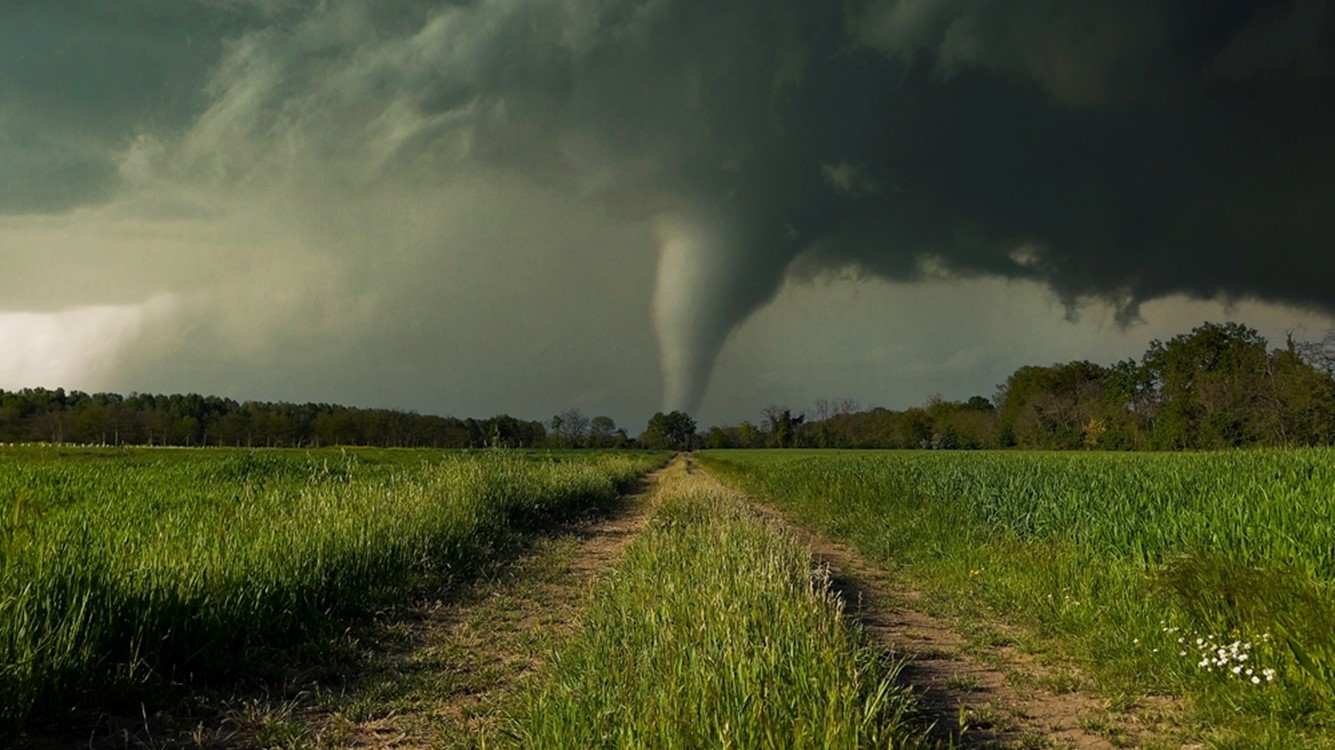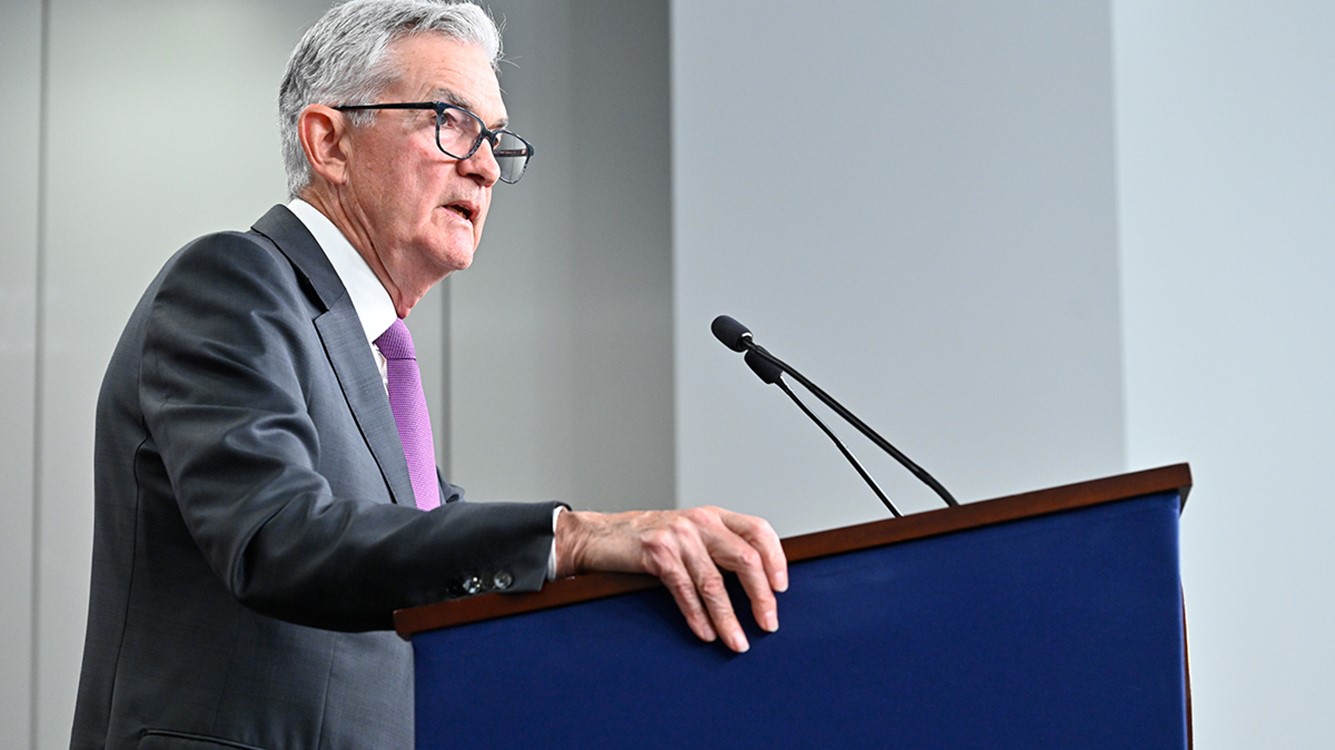Climate in context: Geopolitics, business, and the board
Climate in context: Geopolitics, business, and the board
Climate change, energy transition and positioning companies for the risks, opportunities, and transformations ahead
Insights on the economic and geopolitical landscape and the implications for the boardroom.


Climate in context: Geopolitics, business, and the board
Climate change, energy transition and positioning companies for the risks, opportunities, and transformations ahead

Quarterly webcast: A Boardroom Lens on Generative AI
A discussion on transformational implications of generative AI—opportunities, risks, and disruptions ahead—and how boards can help their companies navigate the promise and pitfalls of this game-changing technology.

Shifting geopolitics and the role of the board
Every business will face unique challenges operating in a global environment, but several basic steps can help boost every board’s effectiveness in helping the company navigate geopolitical risk and opportunities more systematically and cohesively.
Climate change, energy transition and positioning companies for the risks, opportunities, and transformations ahead
Ian Bremmer, President and Founder of Eurasia Group and GZERO Media, in a discussion with John Rodi, Leader, KPMG BLC, shared views on current global conflicts, the rapidly changing landscape for AI, and the implications for business. The webcast also shared Insights from the new KPMG‑Eurasia Group paper, Shifting geopolitics and the role of the board.
Learn moreEvery business will face unique challenges operating in a global environment, but several basic steps can help boost every board’s effectiveness in helping the company navigate geopolitical risk and opportunities more systematically and cohesively.
Learn more
We’re not in Kansas anymore...The view from Washington
Debate over whether the first rate cut will occur in June will be heated.

A hawkish hold
The Fed is “not declaring victory at this point.
Shifting geopolitics and the role of the board
Every business will face unique challenges operating in a global environment, but several basic steps can help boost every board’s effectiveness in helping the company navigate geopolitical risk and opportunities more systematically and cohesively.
Download PDFSign up to receive Board Leadership Weekly and Directors Quarterly